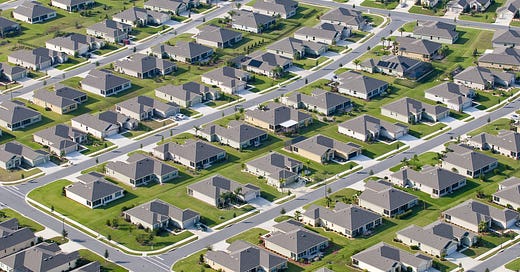Live Together; Die Alone
Perhaps it is time to look at the Native American option?

History tells us that the capitalist, industrialised, consumer culture of 20th century Europe is exceptionally powerful. Countries never seem to turn their back on it. But how much do we know of its dark side?
First of all, let me say I am really grateful for modern life. My kids get vaccinated; I …
Keep reading with a 7-day free trial
Subscribe to Chris Waldburger to keep reading this post and get 7 days of free access to the full post archives.


